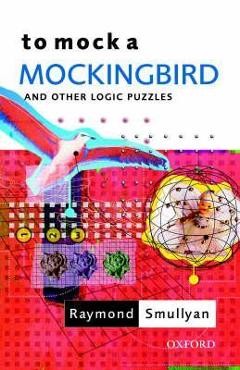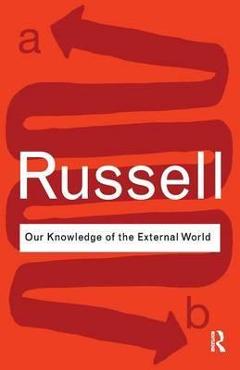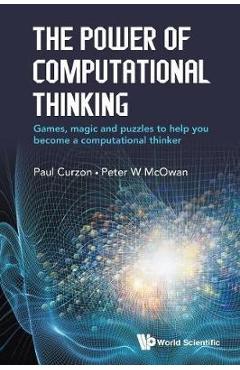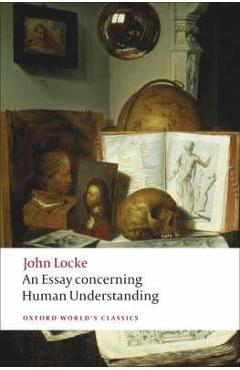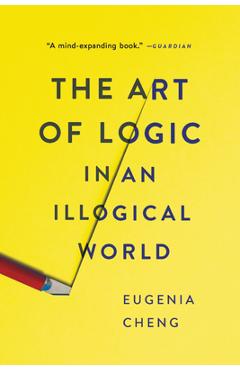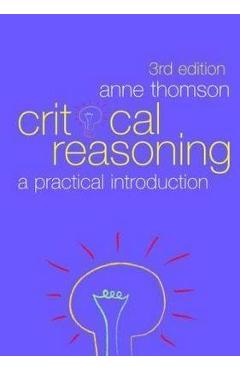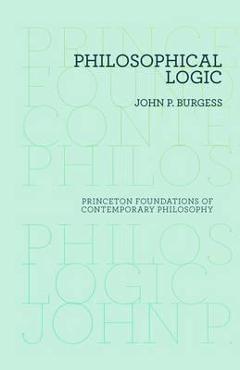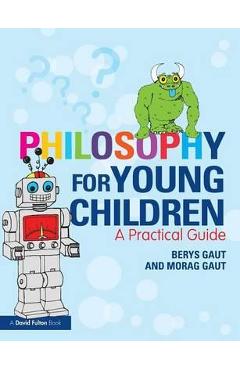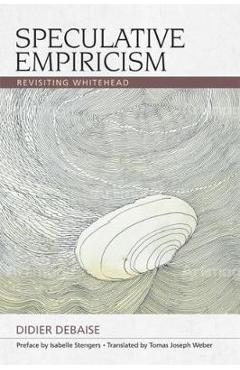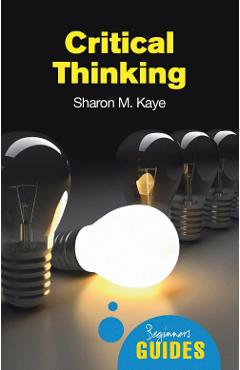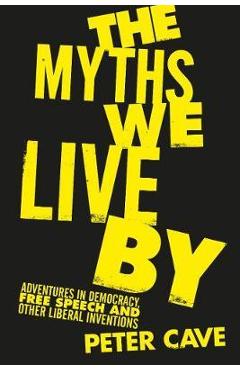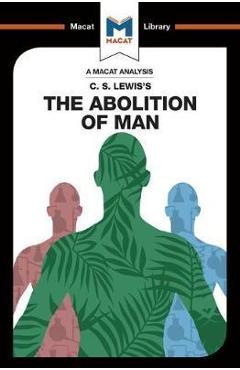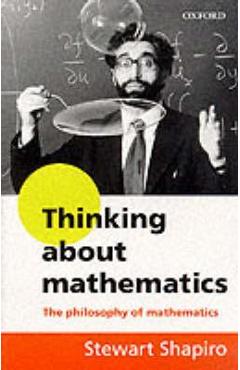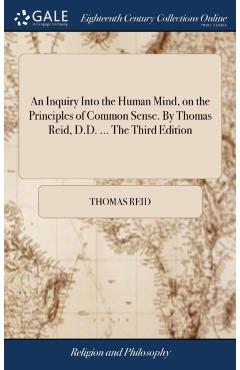Intellectual Entertainments
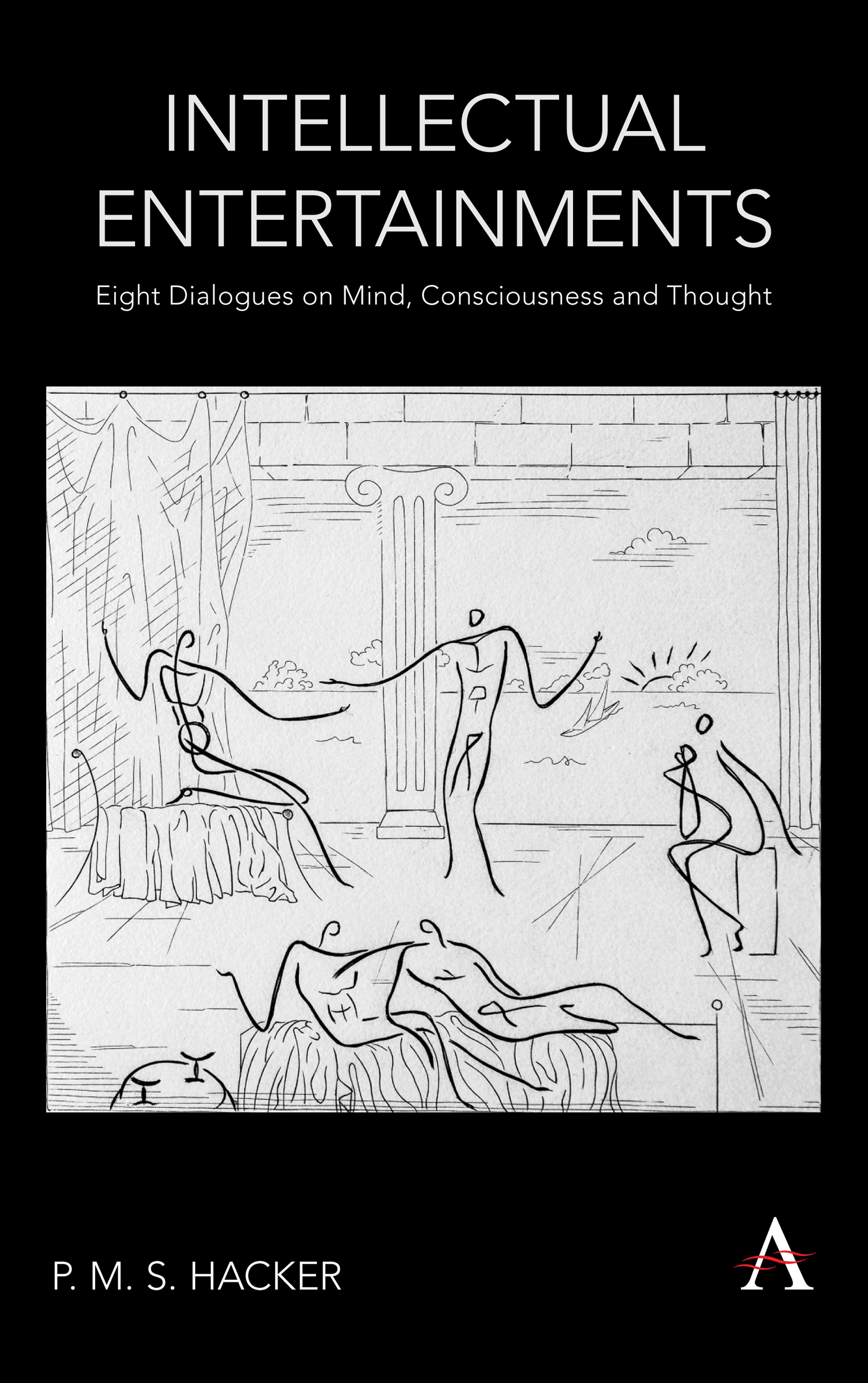
Intellectual Entertainments
The themes of the dialogues are topics of perennial interest to any educated person with an intellectual bent. Two dialogues are concerned with the nature of the mind and the relation between mind and body - whether the mind is separable from the body, whether it is identical with the brain or whether such claims are confused. A second pair of dialogues examines the nature of consciousness and of conscious experience, and whether conscious experience is characterized by its distinctive 'feel' and by what it is like to undergo it. It investigates the puzzling question of what consciousness is for and whether there could be 'zombies' who behave just as we do, but who lack consciousness. A further pair of dialogues probes the nature of thought, the relationship between the ability to think and mastery of a language, and the question of what we think in - words, images or something else. One dialogue discusses the perennial question of the objectivity or subjectivity of perceptual qualities such as colour and sound, and whether a mindless world would also be colourless. A final dialogue consists of vehement argument on the 'ownership' of pain: whether two people can have the same pain or only similar pains.
The dialogues are written in a colloquial style. They presuppose no antecedent philosophical knowledge, but only intellectual curiosity. Each subject is presented from different points of view, presented by a different protagonist, and the various points of view are subjected to criticism. The exchanges are sometimes amusing, sometimes passionate and vehement. The different views advanced are often the views of distinguished living philosophers or great philosophers now deceased, as is made clear by the endnote references to sources. The overall aim of the dialogues is both to amuse and to dem
PRP: 861.33 Lei
Acesta este Pretul Recomandat de Producator. Pretul de vanzare al produsului este afisat mai jos.
775.20Lei
775.20Lei
861.33 LeiLivrare in 2-4 saptamani
Descrierea produsului
The themes of the dialogues are topics of perennial interest to any educated person with an intellectual bent. Two dialogues are concerned with the nature of the mind and the relation between mind and body - whether the mind is separable from the body, whether it is identical with the brain or whether such claims are confused. A second pair of dialogues examines the nature of consciousness and of conscious experience, and whether conscious experience is characterized by its distinctive 'feel' and by what it is like to undergo it. It investigates the puzzling question of what consciousness is for and whether there could be 'zombies' who behave just as we do, but who lack consciousness. A further pair of dialogues probes the nature of thought, the relationship between the ability to think and mastery of a language, and the question of what we think in - words, images or something else. One dialogue discusses the perennial question of the objectivity or subjectivity of perceptual qualities such as colour and sound, and whether a mindless world would also be colourless. A final dialogue consists of vehement argument on the 'ownership' of pain: whether two people can have the same pain or only similar pains.
The dialogues are written in a colloquial style. They presuppose no antecedent philosophical knowledge, but only intellectual curiosity. Each subject is presented from different points of view, presented by a different protagonist, and the various points of view are subjected to criticism. The exchanges are sometimes amusing, sometimes passionate and vehement. The different views advanced are often the views of distinguished living philosophers or great philosophers now deceased, as is made clear by the endnote references to sources. The overall aim of the dialogues is both to amuse and to dem
Detaliile produsului










